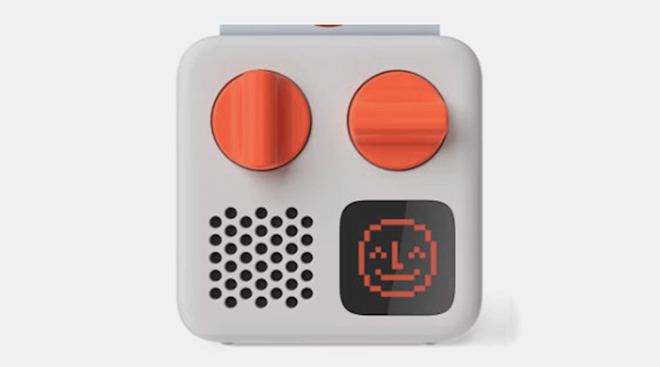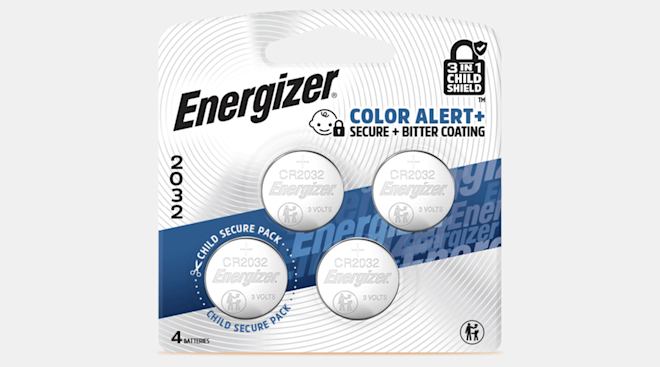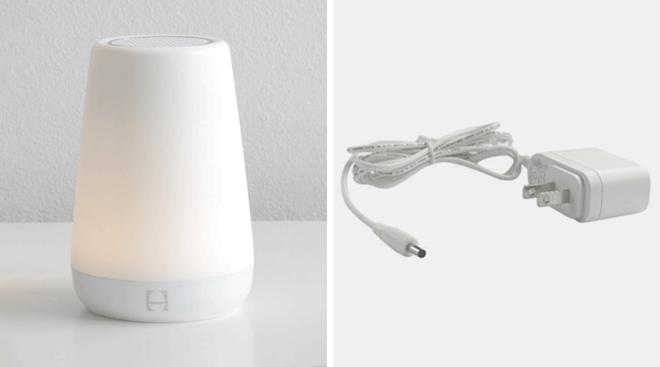Millions of Children's Lead Tests May Have Been Inaccurate: Here's What You Need to Know
The accuracy of lead tests has been called into question, prompting the the US Food and Drug Administration (FDA) to recall tests manufactured by Massachusetts-based Magellan Diagnostics. But concerns extend beyond recall tests currently on the market; as many as 7 million tests administered since 2014 may have been inaccurate, which has doctors scrambling to retest the lead levels of young children and pregnant women.
The FDA first announced the recall in May of 2017, and is still unable to say what exactly went wrong with them. Shortly afterwards, the Centers for Disease Control and Prevention (CDC) advised retesting for at-risk children, pregnant women and nursing mothers.
“We understand that parents of children and others affected by this problem will be concerned about what this means for their health,” said Patrick Breysse, PhD, CIH, director of CDC’s National Center for Environmental Health. “While most children likely received an accurate test result, it is important to identify those whose exposure was missed, or underestimated, so that they can receive proper care. For this reason, because every child’s health is important, the CDC recommends that those at greatest risk be retested.”
Who Is At Risk?
Because of their developing brains, nervous system and other organ systems, fetuses, newborns and children are especially sensitive to lead. While no safe blood level has been identified, public health actions are recommended when children ages 1 through 5 have blood lead levels above 5 micrograms per deciliter (µg/dL).
Environment plays the biggest role in risk. Kids who live in pre-1978 housing are at the highest risk, because their homes may contain lead paint. Children exposed to secondhand smoke are also at a higher risk.
Pregnant or nursing women exposed to these conditions, or who work in a lead-related industry like manufacturing, construction or remodeling, should be tested for the sake of their baby.
Exactly Which Tests Are Affected?
It’s important to know the initial screening test for lead—a finger prick known as a capillary test—is still deemed accurate and has not been recalled. If that test shows more than 5 µg/dL in a child’s blood, the child is administered a follow-up test drawing blood from a vein.
These venous tests, manufactured by Magellan Diagnostics, are the subject of the recall:
-
LeadCare
-
Lead Care II
-
LeadCare Plus
-
LeadCare Ultra
Where Can I Get Myself Or My Child Retested?
Any community health clinic or pediatrician’s office can test blood lead levels.
Please note: The Bump and the materials and information it contains are not intended to, and do not constitute, medical or other health advice or diagnosis and should not be used as such. You should always consult with a qualified physician or health professional about your specific circumstances.
Navigate forward to interact with the calendar and select a date. Press the question mark key to get the keyboard shortcuts for changing dates.




















































